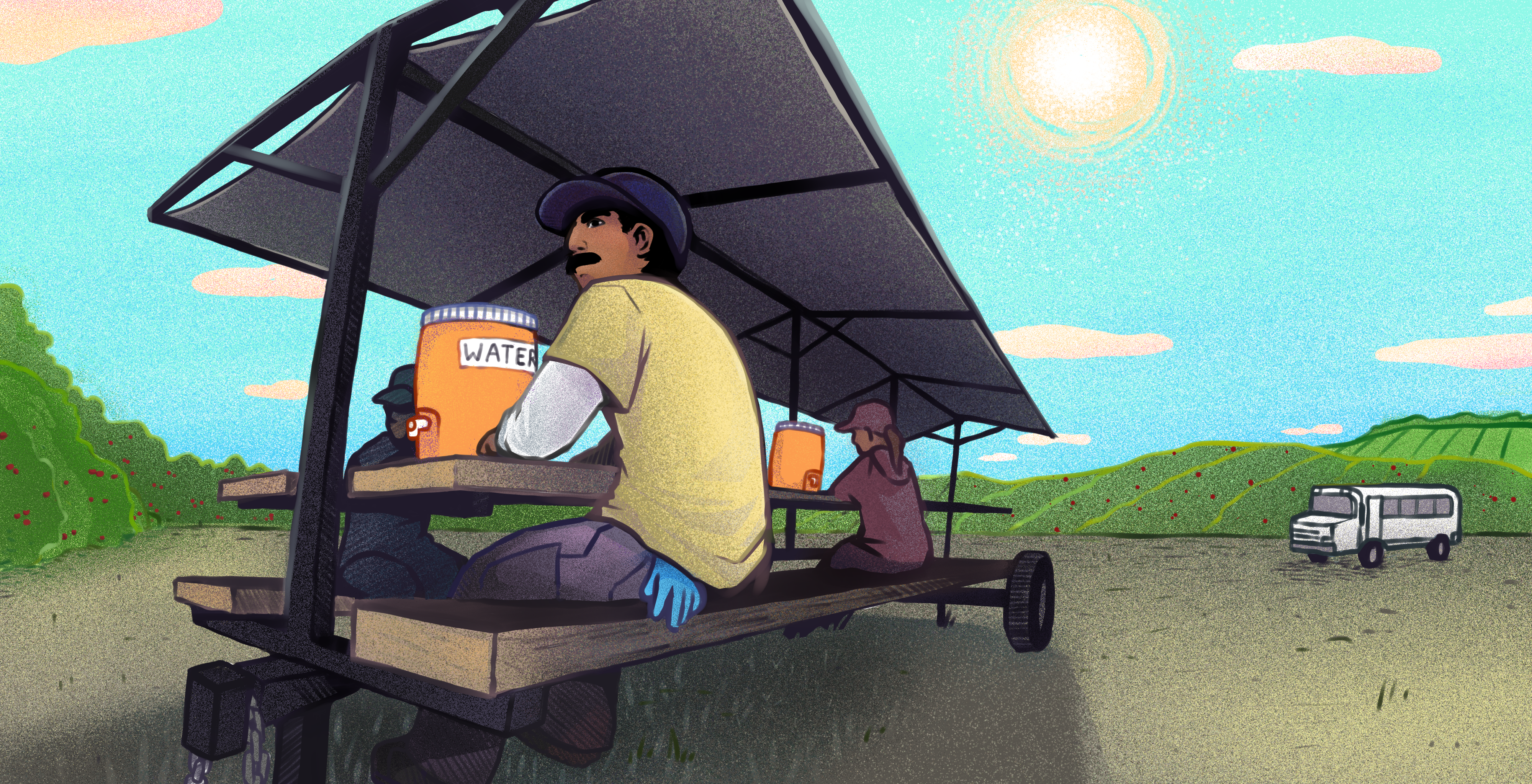assassinated: young, gay defender of environmental and human rights Erlin Asbiel Blandin Alvarez
The killing of 34-year-old Erlin Asbiel Blandin Alvarez is a significant loss to the rural community of Los Laureles in Danlí, El Paraíso Department. It highlights the dangers faced by those who stand up for human rights in Honduras. His commitment to his community and his work as a journalism student highlight the importance of protecting those who strive for transparency and justice.
Erlin Asbiel Blandín Álvarez was home for the weekend from Tegucigalpa, where he was enrolled in his final year as a journalism student at the National Autonomous University of Honduras (UNAH). Openly gay and well-respected by his neighbors, he was committed to advocating for essential community resources, including management of a water project and bringing awareness to the trafficking of migrants through El Paraíso. So deep was his commitment that he was serving as president of the community board of Los Laureles.
On Sunday morning July 14, when he went outside his home to work on a shed that he was building, assailants arrived on motorcycles and in an ATV. Neighbors and family heard the gunshots and cries for help. They arrived only to see the assassins flee at high speed in their vehicles. Erlin Asbiel Blandín Álvarez died moments later, with gunshot wounds to his chest and shoulder.
Erlin Asbiel Blandin Alvarez, ¡presente!


